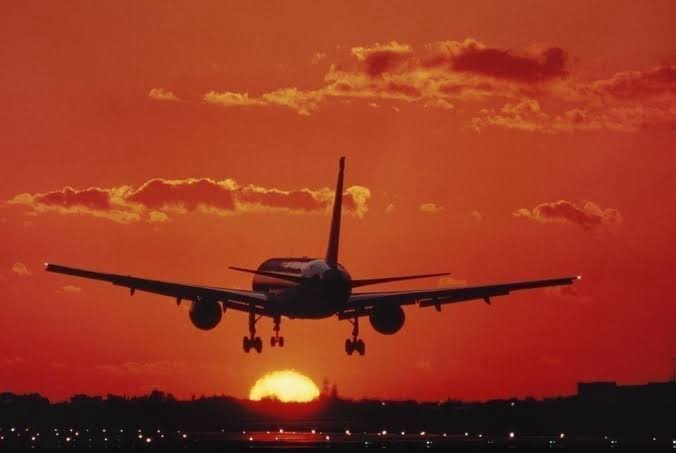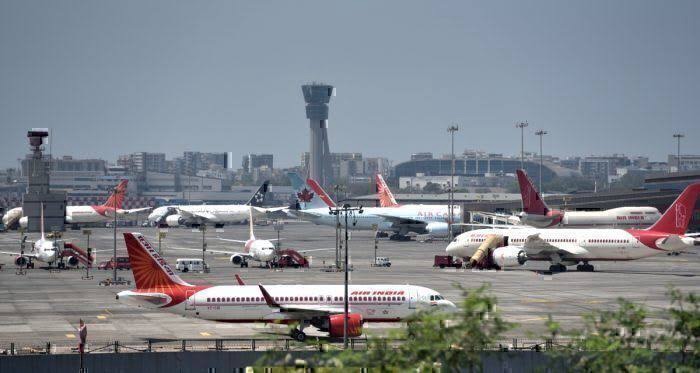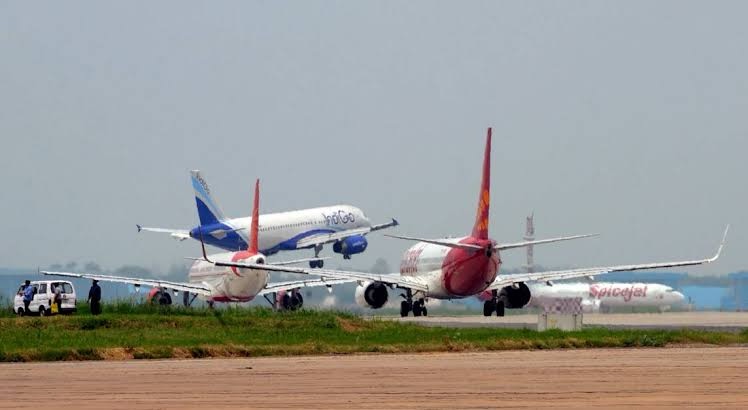The DGCA has not directly linked these findings to the recent Air India crash, but the timing is quite significant. As India’s aviation industry expands rapidly, these shortcomings raise concerns about who is overseeing safety measures and whether existing protections are sufficient.
On Tuesday, India’s aviation authority, the Directorate General of Civil Aviation (DGCA), unveiled results from special audits carried out at major airports. The DGCA identified numerous safety deficiencies, many of which are indicative of persistent problems, leading to inquiries about the enforcement of fundamental standards within India’s aviation framework. The audits were initiated less than two weeks following the June 12 crash of an Air India Dreamliner that was taking off from Ahmedabad. These audits examined critical domains including aircraft maintenance, airport operations, air traffic control services, and training simulators. While specific airlines or airports were not mentioned, the findings released on Tuesday highlight a more extensive failure to identify and rectify known issues.

What the Audits Discovered DGCA reported that its inspection teams visited key airports, such as Delhi and Mumbai, where they observed recurring technical issues on aircraft that airlines had previously asserted were already rectified. They pointed out “numerous instances where reported defects reoccurred multiple times on the aircraft,” indicating that airlines either inadequately addressed the problems or overlooked them entirely. The inspection also resulted in the postponement of a domestic flight due to “worn tyres.” The aviation authority stated that the flight only departed after engineers resolved the issue. Even the flight simulators were found to be problematic. Inspectors discovered that one simulator did not “correspond with the aircraft configuration,” and the software had not been updated.
Some of the audit revelations included: Life vests were not securely fastened beneath the seats. Corrosion-resistant tape on the lower blade of the right winglet was found to be damaged. Ground handling equipment, such as baggage trolleys and lifts, was deemed “unserviceable.” Maintenance personnel failed to adhere to established procedures. In numerous instances, the DGCA observed that “safety precautions were not taken by AME (Aircraft Maintenance Engineer) as per AMM (Aircraft Maintenance Manual).” Certain AMEs neglected to address reported issues and did not log alerts from the aircraft systems. At one airport, the runway center line had faded, and officials had not updated “obstruction limitation data” for three years.
On the ramp, several vehicles lacked speed limiters. Authorities removed those vehicles from service and suspended the drivers’ airport access.
Why the DGCA Is Undertaking These Audits at This Time The June 12 crash raised significant alarm. In response, the DGCA dispatched two teams led by joint director generals to inspect operations during nighttime and early morning hours. The regulator has since introduced a new Comprehensive Special Audit Framework. According to the DGCA, this framework will expand beyond the previous, limited approach where separate departments only inspected their specific areas. Instead, it will “provide a comprehensive evaluation of the aviation ecosystem,” encompassing scheduled and charter airlines, training institutions, airports, maintenance firms, and even ground handling personnel.

The Directorate General of Civil Aviation (DGCA) initiated these comprehensive audits in response to various safety incidents or indications of inadequate compliance, while simultaneously planning to implement systematic and regular reviews in the future. For the purpose of conducting routine audits, the DGCA provides a notice period of 14 days to the relevant entities, while it allows only a 3-day notice for follow-up audits; additionally, it reserves the right to carry out inspections without any prior notification when there are urgent safety concerns that necessitate immediate attention.
What Happens Next In light of the audit findings, the DGCA has formally requested all relevant entities to formulate and submit a corrective action plan within the span of seven days to address the issues identified during the audits. The consequences that companies may face as a result of these violations can vary significantly, ranging from receiving written warnings to experiencing the suspension of their operational licenses, depending on the severity of the infraction.
The regulatory body has indicated that it will actively monitor the measures that these companies take to rectify the identified problems through follow-up audits as well as through continuous reviews of their compliance status. Furthermore, it has stated that any exemplary practices that are observed by the authorities during these inspections will be disseminated across the industry in order to enhance overall safety standards and operational efficiency.
On Saturday, the DGCA took decisive action by instructing Air India to relieve three senior employees from their responsibilities related to crew scheduling, citing a history of violations pertaining to pilot rest and licensing regulations that have raised concerns about operational safety.
It is important to note, however, that this particular action was not directly linked to the aviation accident that occurred on June 12, which had already prompted increased scrutiny of Air India’s operational practices. The DGCA has pointed out that there have been numerous violations since Air India transitioned to a new internal crew scheduling software system last year, highlighting ongoing compliance issues within the organization.
Following the crash, the aviation regulatory authority also mandated that Air India conduct a thorough one-time inspection of its aircraft prior to any flight departures from India, which includes comprehensive checks on critical components such as the aircraft’s engines, cabin air compressors, take-off parameters, and other essential systems to ensure the safety and reliability of the fleet.
For all aviation-related guidance (DGCA ground classes, pilot training, cabin crew training)
Contact us https://contrail.in/
phone numbers +91 78457 69399


